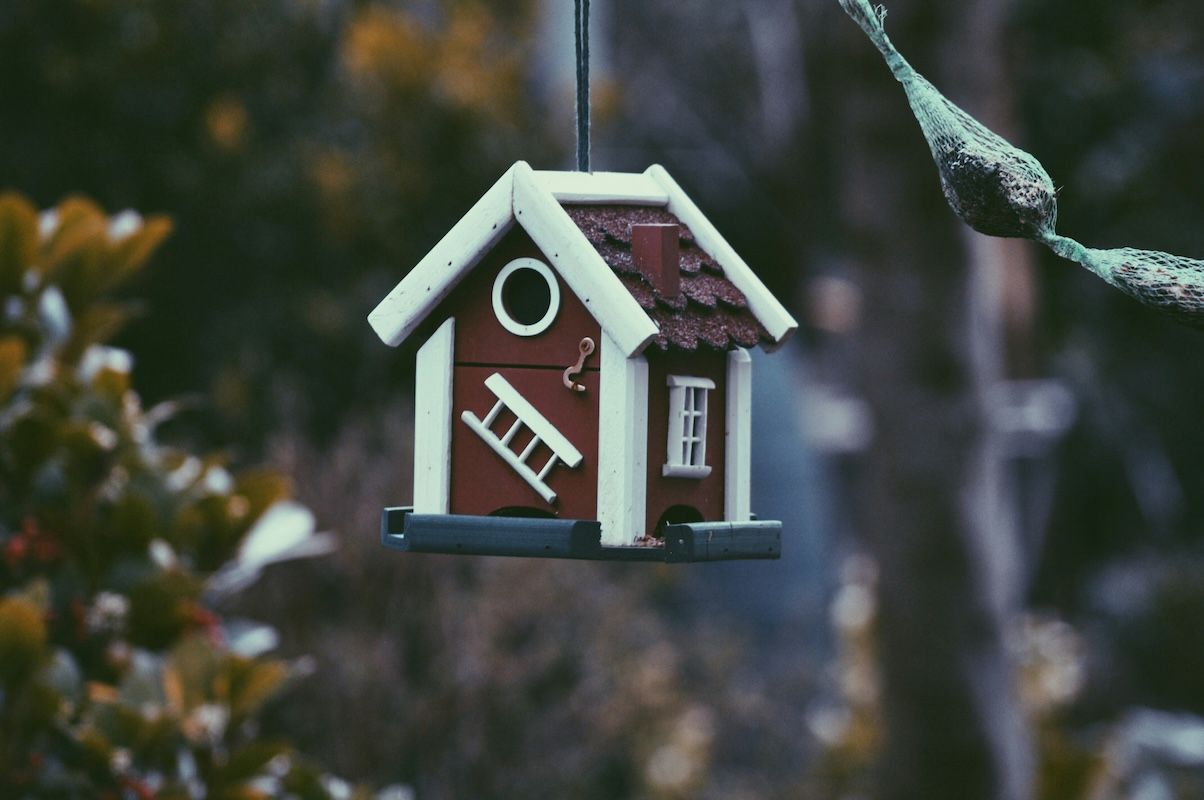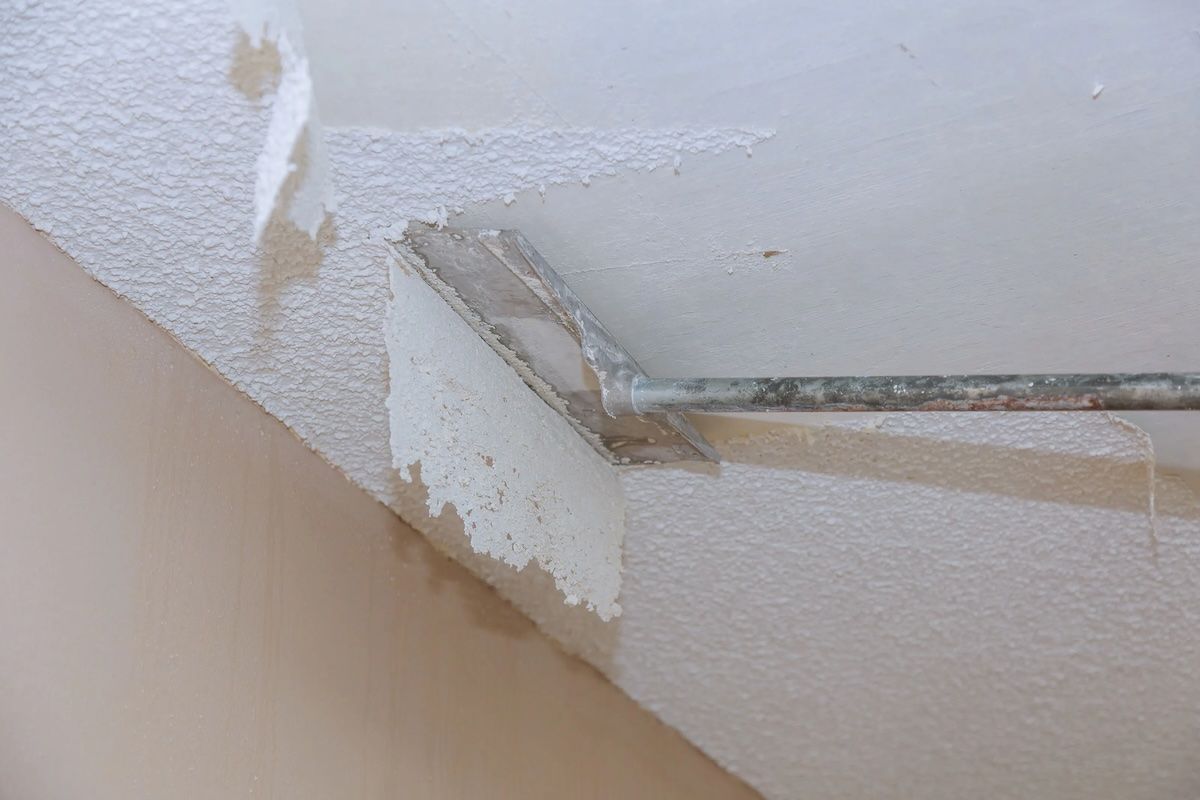Does a Shed Increase Home Value?
75% of homebuyers consider extra storage space an important factor when choosing a home. Buyers often prioritize properties with additional storage for tools, outdoor equipment, and seasonal items. But does a shed add value to a home in a way that impacts its resale price?
While a shed won’t significantly boost appraised value, it can increase buyer interest and enhance property appeal. A well maintained shed provides practical storage solutions and, when thoughtfully designed, can serve as a functional bonus space that makes a home more marketable.
The impact of a shed depends on type, quality, and functionality. A basic storage shed adds convenience, while a custom-built workshop, office, or garden shed can create a stronger selling point. Well-integrated sheds that complement the home’s aesthetics can further enhance curb appeal.
In this guide, we will cover the types of sheds that influence resale value, the benefits and drawbacks of adding one, and how to maximize its impact when selling your home.
Type of Sheds
Not all sheds add value in the same way. The design, functionality, and purpose of a shed determine how much it contributes to a home’s marketability. While storage sheds offer practical solutions, custom-built sheds for hobbies, workspaces, or additional living areas can make a property more attractive to potential buyers.
Storage Sheds
Homeowners looking to maximize space and organization see value in storage sheds. These structures vary in size and provide secure storage for tools, lawn equipment, and seasonal items. They are particularly useful in properties with limited garage space or minimal indoor storage.
Storage sheds can increase a home’s resale value, especially when well-maintained and designed to complement the home’s exterior and landscaping. While a basic storage shed won’t significantly raise appraised value, it can make a home more appealing.
Workshop and Hobby Sheds
With the rise of DIY projects, workshop and hobby sheds have become highly sought after. These sheds provide designated workspaces for woodworking, crafting, an or even a home gym. They can even be looked at as extra square footage, making them a strong selling point for buyers who need functional space.
A well-equipped workshop with built-in shelving, electricity, and ventilation can make a home more attractive to DIY enthusiasts, hobbyists, and home-based business owners.
Garden Sheds
Garden sheds do more than store tools, they add character and functionality to outdoor spaces. They create storage space for some of the dirtiest tools, yard equipment.
Even buyers who don’t love gardening or outdoor projects appreciate having a dedicated space for organizing necessary supplies, plants, and tools. A quality shed can help keep other storage spaces, like garages, clean and organized.
Modern or Custom-Built Sheds
Among all shed types, modern and custom-built sheds provide the most potential to enhance a home’s appeal and functionality. Structures like office sheds, art studios, and Accessory Dwelling Units (ADU) are valuable to buyers who want flexible living and working spaces. These sheds can create more than storage space, but also the perception of additional living square footage, making them a more desirable feature in today’s market.
If you want to prioritize adding value, look at popular trends, like Costco’s She Sheds, which research from Zillow claims can help increase a property’s value by 2%. Unlike basic storage sheds, these structures serve multiple purposes and often have fully finished interiors with floors, insulation, and walls.
With the rise of remote work and rental opportunities, buyers are drawn to sheds that can function as home offices, guest accommodations, creative studios, or even short-term rental units. When properly designed with insulation, electricity, and building permits, these sheds can make a home stand out in competitive real estate markets.
When does a shed increase home value? When they are functional, well-constructed, serve a clear purpose, and are difficult to replicate. A shed purchased for $1,000 and self assembled will hold almost no value.
However, a permeant structure that is spacious and well-planned can increase a property’s value. The purpose and design of a shed determine its impact on a home’s value. A well-designed shed project that is spacious, built to last with high-quality materials, and provides clear functionality will be the most attractive to buyers.
Benefits of Adding a Shed to Your Property
Adding a shed to your property offers more than just extra storage—it can transform your outdoor space and improve your home’s marketability.
Whether used for practical storage, a unique workspace, or an entertainment area, a well-placed shed can enhance functionality and attract buyers looking for extra convenience.
Increased Storage Space or Additional Living Space
A shed provides homeowners with dedicated storage areas, especially in regions where unpredictable weather makes protecting outdoor items essential. It helps keep garages and interiors organized by providing space for:
- Lawn equipment and tools
- Seasonal decorations and outdoor furniture
- Sports gear and bicycles
- Holiday decorations
Beyond storage, sheds can also serve as bonus living spaces, offering opportunities to create:
- A man cave or she-shed for relaxation
- An outdoor bar for entertaining guests
- A playroom for kids
Enhanced Property Appeal
Sometimes, it’s the little things that make the biggest difference. A storage shed, whether big or small, can have a big impact on a property’s livability and appeal. Imagine a stylish shed nestled in your backyard, providing a neat solution for tools, bikes, and seasonal decorations. By keeping your outdoor space organized, it creates a more inviting atmosphere and improves curb appeal.
While some sheds can be an eyesore, when thoughtfully build or refreshed, they can complement a home’s exterior. Some tips to make a shed more attractive include:
- Matching the siding or color to your house.
- Add landscaping such as flowers or pathways.
- Maintain the structure.
Potential to Stand Out from Competition
A purpose-built shed can attract buyers looking for specialized spaces beyond simple storage and even increase the property’s value. In a competitive market, or market with little differentiation between products (housing developments), a shed can provide additional storage space and help your property stand out amongst competition.
Potential buyers are always looking for the best deal and value they can get for their money. While a shed might not be the only reason they buy a house, it could sway them away from other houses.
Cost-Effective Upgrade
Compared to full-scale home renovations, sheds offer an affordable way to expand usable space without the high costs of major construction. The investment varies based on the type of shed:
- Prefabricated sheds typically cost a few hundred to a few thousand dollars, depending on size and materials.
- Custom-built sheds with insulation, electricity, and finished interiors cost more but remain far cheaper than building a home addition
Homeowners who want to maximize space and marketability without a significant financial commitment, a well-designed shed can be a practical and valuable investment.
Drawbacks to Consider
A shed is not without its challenges. Before investing, homeowners should consider how much value a shed might add compared to the cost, require ongoing upkeep, or loss of valuable yard space.
Minimal Impact on Property’s Value
Although a shed can enhance functionality and curb appeal, it generally does not significantly increase a home’s appraised value. Unlike kitchen remodels, bathroom upgrades, or finished basements, sheds are considered detached structures and typically don’t carry the same weight in an appraisal. The reasons include:
- Appraisers don’t assign high value to sheds since they are not part of the home’s livable square footage.
- Sheds are often viewed as temporary structures, making them less impactful in resale value calculations.
- Quality and design matter. A well-built, visually appealing shed may add some perceived value, but a shed in poor condition one can have the opposite effect.
While most sheds may not increase appraised value, it can still make a home more attractive to buyers.
For some potential buyers, the lack of a shed could be a deal breaker. It comes down to the type of shed and market conditions. A quality shed can increase property value by 1-2%.
Maintenance Costs
A shed is not a one-time investment. It requires upkeep to maintain its value and shed’s structural integrity. Without proper maintenance, issues like rotting wood, roof leaks, and foundation shifts can reduce its appeal and functionality. A dilapidated shed may discourage buyers or even cause issues before closing.
Choosing high-quality materials, such as pressure-treated wood, durable metal, or weather-resistant resin, can help reduce maintenance needs and extend the lifespan of the shed.
Space Considerations
While sheds add extra storage or workspace, they also take up valuable yard space, which may not suit every homeowner’s needs. Furthermore, poor placement can disrupt the yard’s layout and limit its usability for other purposes. For example, homeowners considering adding a swimming pool or outdoor entertainment area may find that a shed limits their available space. Some buyers may prefer an open yard rather than one occupied by a large shed.
Before installing a shed, homeowners should consider its placement and size to ensure it enhances the property without overwhelming the outdoor space.
Legal and Permit Issues
Adding a shed can enhance your property, but ignoring local regulations can lead to fines, forced removal, or complications when selling your home. Before installing a shed, homeowners should take the following steps to ensure compliance:
- Review local zoning laws – Check with your local planning office to verify shed size limits, setback requirements, and placement restrictions. Some municipalities regulate how close a shed can be to property lines or utilities.
- Check HOA guidelines (if applicable) – If your home is in an HOA community, confirm any rules on shed size, design, and location. Some HOAs require pre-approval before installation to maintain neighborhood aesthetics.
- Obtain required permits – Many areas require a permit for sheds over a certain size, particularly if they include electricity, plumbing, or a permanent foundation.
- Understand property tax implications – In some locations, a shed may be considered a taxable structure, potentially increasing property taxes. Check with your local tax assessor to avoid surprises.
Building a shed without proper approvals can create legal and financial headaches. If a shed violates zoning codes, you may be forced to relocate or dismantle it, which can be costly and time-consuming. Additionally, any unpermitted structures can deter buyers and cause issues during a home sale.
To avoid these problems, make sure you are compliant upfront to save time, money, and hassle.
Is a shed worth it?
A shed may not significantly increase a home’s appraised value, but it can still enhance marketability and buyer interest. Homebuyers appreciate extra storage, dedicated workspaces, and well-designed outdoor structures, making sheds a practical addition that can set a home apart.
Whether it’s a storage shed, garden shed, or fully equipped office shed, the right design can improve functionality and curb appeal.
However, adding a shed isn’t a one-size-fits-all investment. Homeowners should consider their specific market, buyer demand, and available yard space before making a decision. In some cases, a custom-built shed that complements the home’s aesthetic and serves a practical purpose can make a property more attractive, while an oversized or poorly maintained shed could have the opposite effect.
For those unsure whether a shed will add value to their home, consulting a real estate expert is the best approach. An agent can assess market trends, advise on the best shed type for resale value, and ensure compliance with local regulations.
Not sure if adding a shed is the right move before selling your home? A top-rated real estate agent can help you determine if a shed is a smart investment or an unnecessary expense. Connect with a trusted FastExpert agent today to get personalized, market-driven advice for your home.





